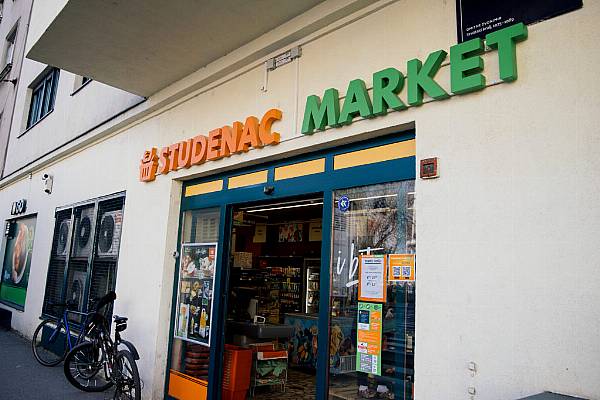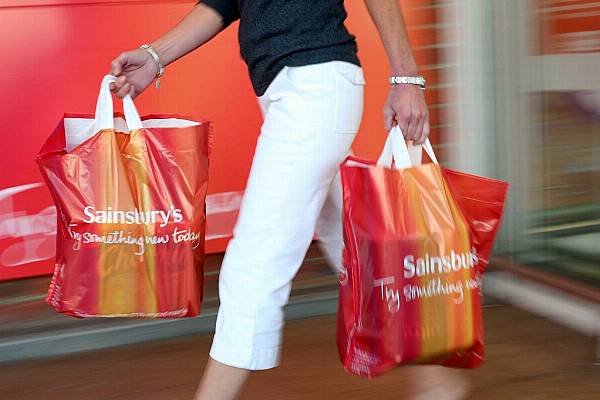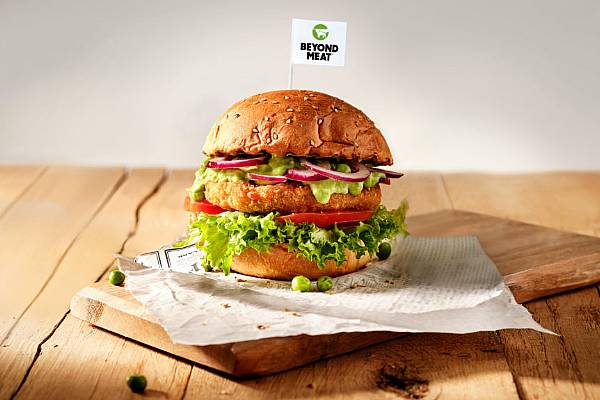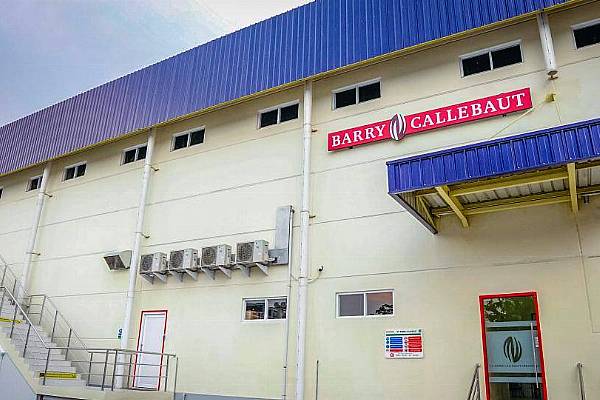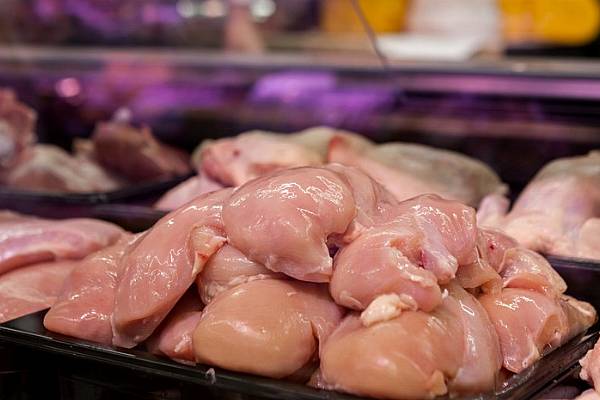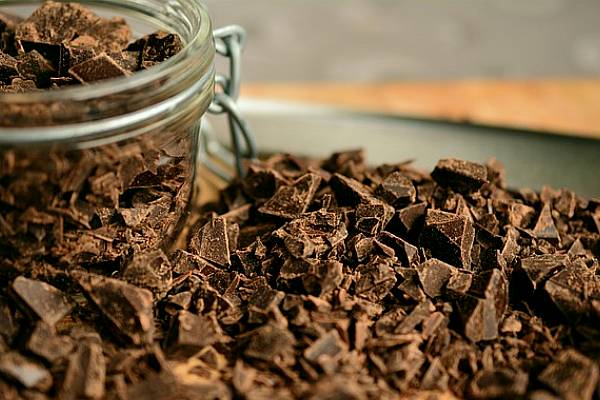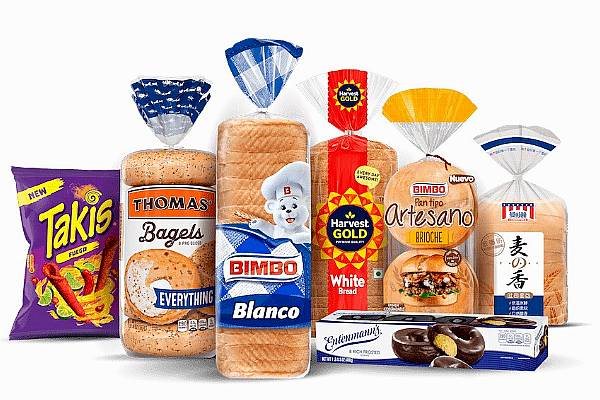At Alexander Krupetskov’s one-window cheese store in central Moscow, sales of products from France have tripled in the past two weeks.
Shoppers are stocking up on foods set to become scarce after Russia banned a range of products from the European Union and the US in retaliation for sanctions over Ukraine. The nation of 143 million has been one of the fastest-growing export markets for French cheesemakers as Moscovites acquire a taste for creamy brie, pungent camembert and spicy Roquefort.
“The very foundation of the shop has been cast into major doubt,” said Krupetskov, who has four weeks of inventory left. French varieties account for 60 per cent of his selection, with the remainder Swiss.
Waging Financial War
French cheese exports to Russia climbed 29 per cent to €49.5 million last year, beating a 4.4 per cent increase in total exports to €3 billion. Brie shipments to Russia rose 37 per cent, while sales of stronger-tasting Roquefort advanced 13 per cent, Eurostat trade data show.
At the Rungis food market outside Paris, a 30-hour drive west of Moscow, Nicolas Medard, deputy director of Thomas Export, says 100,000 rounds of brie headed for Russia are stranded after the ban announced on 7 August, with no new destination for now.
“All these cases were for Russia,” Medard says. “We’ll lose about €120,000.”
Thomas Export may lose about €1.3 million in total sales due to Russia’s ban, around 4 per cent of the company’s revenue, according to Medard. Sales to Ukraine are also in decline, he said.
Swiss exporter Intercheese AG said last week it’s been contacted by Russian buyers looking for cheeses they can no longer get from the EU, such as mozzarella, Gouda and Edam.
Production Halt
The EU exported 257,000 tons of cheese to Russia last year, accounting for 33 per cent of shipments outside the bloc and 2.6 per cent of production. Cheese and curd shipments to Russia had a value of €985 million, with the Netherlands, Germany and Lithuania the biggest suppliers.
Dutch dairy producer FrieslandCampina said yesterday it halted production of cheese specifically for the Russian market. The company said it exported about €190 million of dairy products to Russia last year, and said the ban is adding to pressure on dairy markets.
France and Italy supply more speciality cheeses and are ranked eighth and ninth among EU cheese exporters to Russia last year, meaning “the effects will be felt less harshly than in, say, Lithuania,” Bart Van Belleghem, managing director of the European Association of Dairy Trade, or Eucolait. said by telephone from Brussels.
Milk Prices
“The impact of the Russian embargo may be more violent and quicker than we think,” director of Societe Fromagere de la Brie Philippe Bobin said. “As of this week, milk prices in the trade are starting to fall. We risk selling our cheeses at a lower price, but recompensed by the lower purchasing price of the raw material.”
Russia may have trouble finding a cheese supplier to replace Europe, Van Belleghem said. The country was 51 per cent self-sufficient in cheese last year, while imports from the EU accounted for 29 per cent of supply and Belarus supplied 12 per cent, according to data from the European Commission.
“For milk powder and butter, I don’t expect any problems, there’s sufficient availability,” Van Belleghem said. “For cheese from Europe, there aren’t too many alternatives.”
Bloomberg News, edited by ESM


